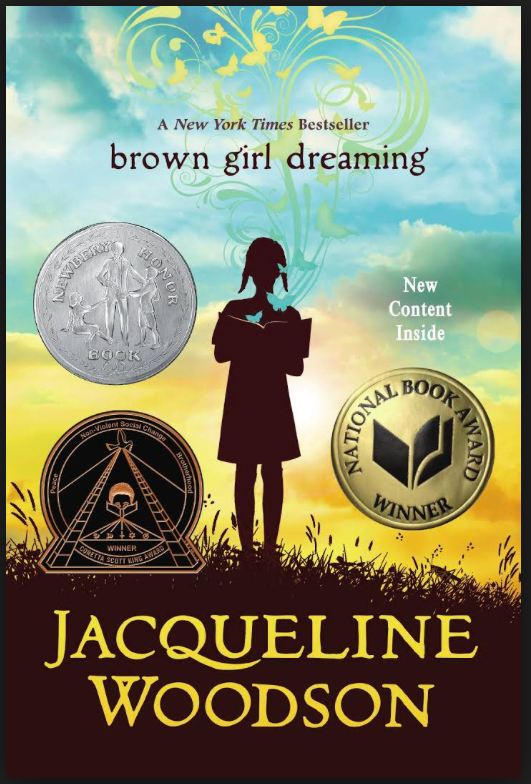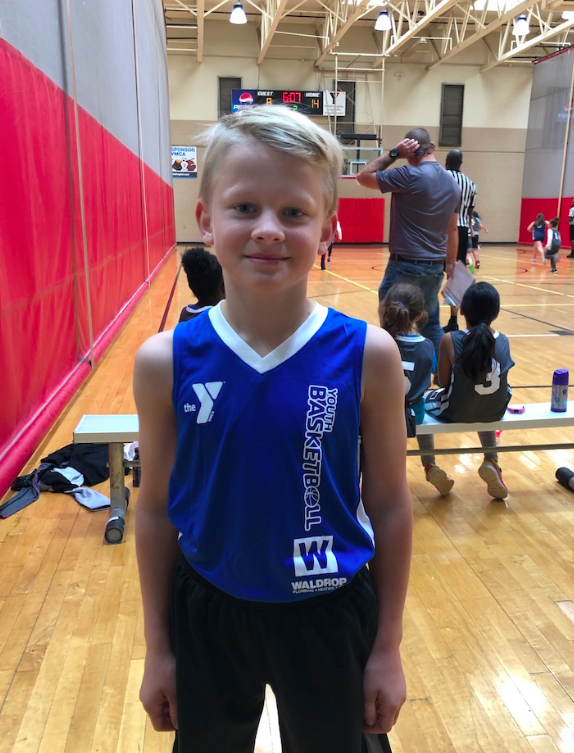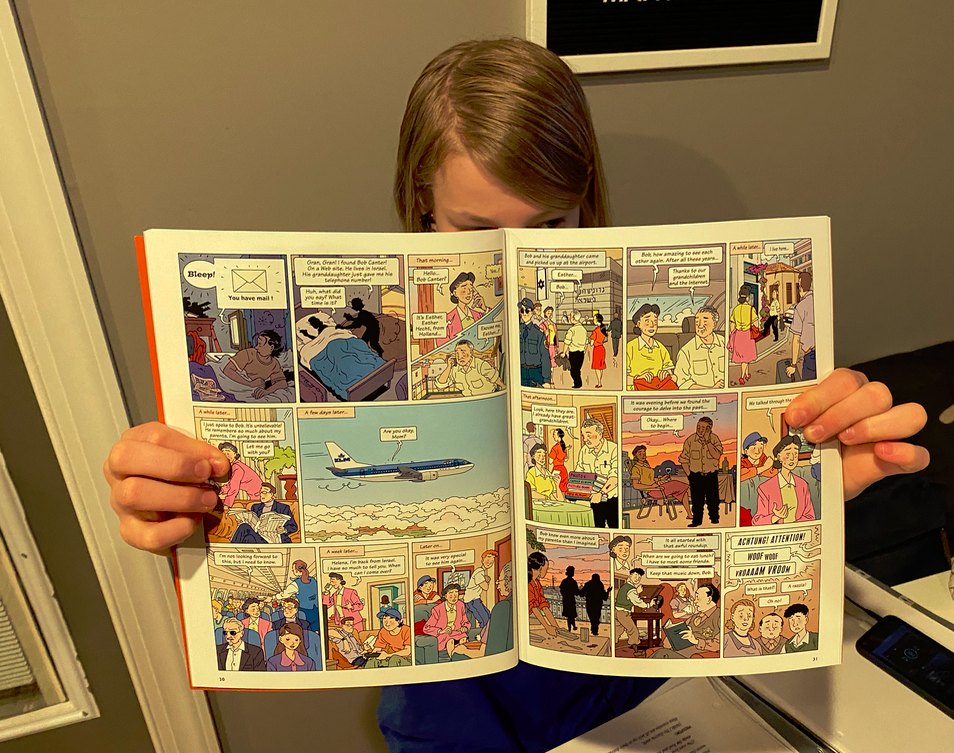Brown Girl Dreaming: A Book Review
For the longest time I’ve noticed a poster hanging on the end of the shelves at our local library.
It featured the novel Brown Girl Dreaming by Jacqueline Woodson.

While the kids search for their allowed number of books on our library visits, I sometimes peruse the cookbook shelves or the poetry shelves. I scan the non fiction children’s section looking for a title that might fit what we are already studying. I grab a few books from the easy readers section for Otto and Piper. As I was walking around and adding interesting choices to my bag, my eyes fell on Brown Girl Dreaming on the shelf, matching the poster.
Tucked it right into my library bag and pulled it out a few days later when I couldn’t sleep one evening.
I had zero expectations and zero knowledge of this novel or of this author.
Turns out Woodson has Greenville roots and writes in gorgeous poetry.
I think the book might be children’s literature as it has the J on it and is certainly appropriate for my girls to read – Mosely is enjoying it right now actually and I’m hoping London heads toward it after her.
The novel is really a work of art, written entirely through poems and tracing the real life story of the author.
What I loved about it was exactly what Mosely stopped me in the kitchen this morning to tell me she loved about it too.
“Her life is sad, Mom,” Mosely shared. “But she doesn’t feel sorry for herself. And she has lots of good things to think about too.”
That’s the real book review, right there. The real story. The real everything – isn’t it?
There’s brokenness and hardship. Woodson was born in the 60’s during a time when racial division was standard and the struggle between the cultures of the south and the north divided her family directly in half when her father and her mother could not agree on where the best and the safest home for their family was to be.
She writes with beauty as she navigates through her struggles with the religion she is taught from her grandmother and the love she feels for her grandfather and the father figure he embodies in her family and the steady feeling of being both at home and homesick at all times for the two places her childhood forces her to bounce between.
Woodson finds her voice and her native tongue in words and it’s a lovely thing to witness her description of that evolution in her own heart of embracing what sort of magic both stories and words have for her.
Like Mosely said, there’s tragedy. Plenty of it. But you don’t feel its heavy weight on the author. It doesn’t resonate like a burden in her language. The author’s voice, that coming of age awareness, sounds far more like hope than hurt. Far more like arms open than arms shielding.
It’s a beautiful read. A wonderful blend of poems and thoughts and story.
________________________


